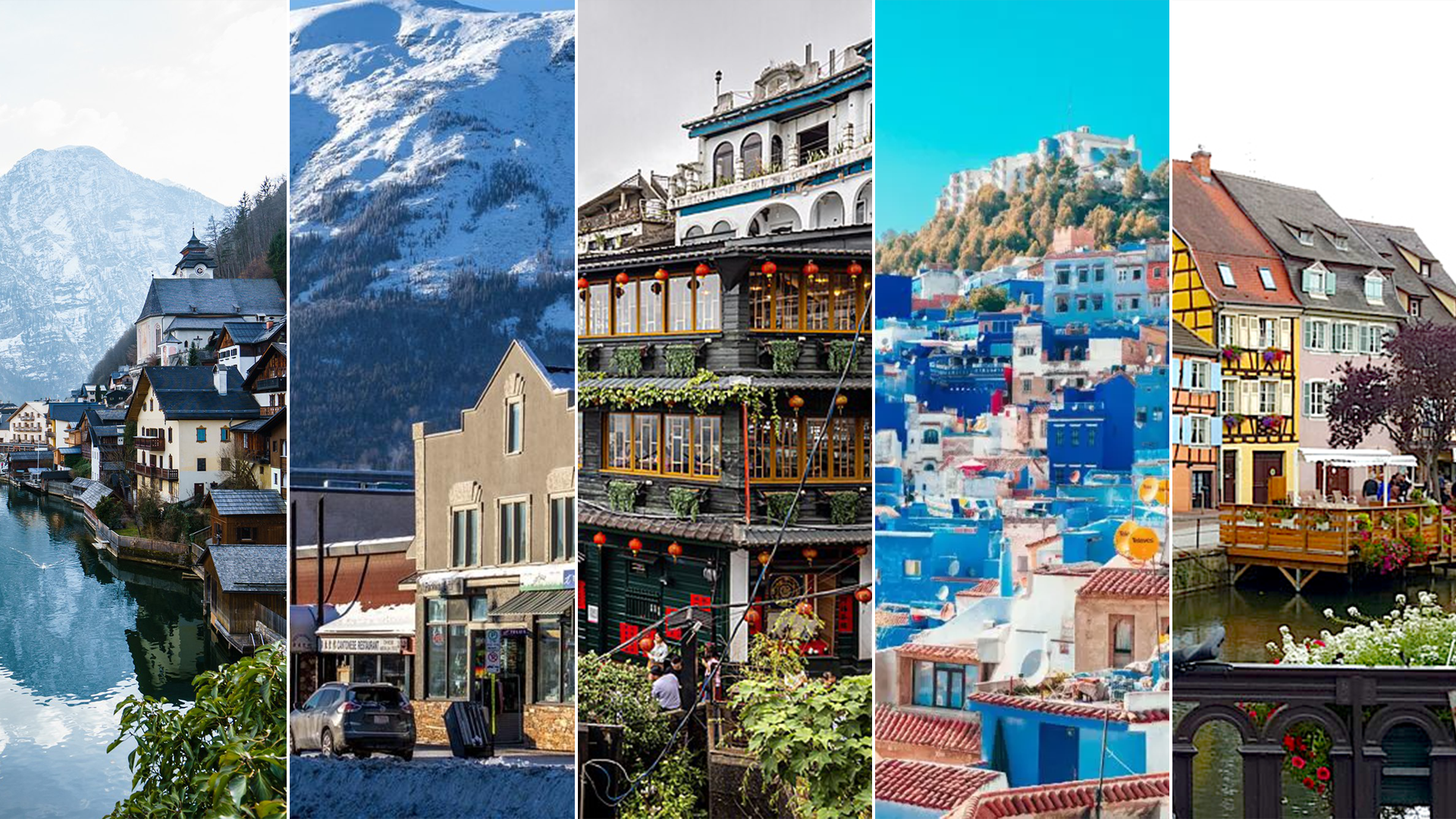Introduction
Long-term travel is a dream for many, but it comes with challenges that most people don’t anticipate. While the idea of exploring different countries for months or even years sounds exciting, there are essential things every traveler should know before embarking on this journey. If you’re planning an extended trip, this guide will help you avoid common pitfalls and make the most of your adventure.
In this article, I will share valuable insights based on personal experience and expert advice. Whether you’re a digital nomad, a budget traveler, or simply taking a gap year, here’s what you should know before starting your long-term travel journey.
1. Budgeting Is More Important Than You Think
One of the biggest mistakes travelers make is underestimating how much they need. Travel expenses add up quickly, and unexpected costs can arise. Here are some essential budgeting tips for long-term travel:
- Create a realistic budget – Research the cost of living in your destination and plan accordingly.
- Track your expenses – Use apps like Trail Wallet or Nomad Wallet to monitor spending.
- Plan for emergencies – Have a separate fund for unforeseen circumstances like medical issues or travel delays.
- Consider slow travel – Staying longer in one place reduces accommodation and transportation costs.
2. Packing Light Is a Game-Changer
Most travelers overpack, but long-term travel is all about carrying only the essentials. The key is to pack versatile clothing and avoid unnecessary items.
Packing Tips for Long-Term Travelers
- Use a carry-on backpack to avoid checked luggage fees.
- Invest in lightweight, multi-purpose clothing that can be layered.
- Bring a universal adapter and portable charger for electronics.
- Opt for solid toiletries to save space and comply with airline regulations.
- Pack only what you can carry comfortably—you’ll thank yourself later!
3. Travel Insurance Is Non-Negotiable
Many travelers skip travel insurance, thinking they won’t need it. However, accidents, medical emergencies, and trip cancellations happen more often than you’d expect.
When choosing travel insurance, consider:
- Medical coverage for injuries and illnesses.
- Lost or stolen belongings protection.
- Trip cancellation coverage for unexpected events.
Popular travel insurance providers include SafetyWing, World Nomads, and Allianz Travel. Always read the fine print before purchasing a policy.
4. Finding Affordable Accommodation Is Easier Than You Think
Accommodation can take up a significant part of your budget, but there are plenty of cost-effective options:
- Hostels – Great for budget travelers and meeting new people.
- Airbnb & short-term rentals – Ideal for longer stays with kitchen facilities.
- House sitting & pet sitting – Websites like TrustedHousesitters offer free accommodation in exchange for taking care of homes or pets.
- Co-living spaces – Perfect for digital nomads looking for a community.
5. Earning While Traveling Is Possible
If you’re planning an extended trip, finding ways to sustain yourself financially is essential. Many travelers work remotely or take up temporary jobs while abroad.
Ways to Make Money While Traveling
- Freelancing – Writing, graphic design, web development, and social media management.
- Teaching English online – Platforms like VIPKid or iTalki offer remote teaching opportunities.
- Blogging & vlogging – While it takes time, many travelers earn through content creation.
- Remote jobs – Websites like We Work Remotely and FlexJobs list remote-friendly positions.
6. Culture Shock & Loneliness Are Real
Long-term travel can sometimes feel isolating, especially if you’re constantly on the move. Adjusting to new cultures, languages, and customs takes time.
How to Overcome Culture Shock & Loneliness
- Join expat or digital nomad communities like Meetup or Facebook groups.
- Stay in co-living or co-working spaces to meet like-minded people.
- Learn basic local phrases to connect with locals.
- Embrace new experiences with an open mind and patience.
7. Visas & Travel Documents Can Be Complicated
Many countries require visas for extended stays, and some have strict regulations. Failing to check visa requirements can lead to unexpected disruptions.
- Research visa requirements for your destinations well in advance.
- Check visa duration & extension rules to avoid overstaying.
- Have copies of important documents like passports, insurance, and travel itineraries.
8. Prioritizing Health & Safety Is Essential
Staying healthy while traveling should be a priority. Different climates, food, and living conditions can affect your well-being.
Health & Safety Tips for Long-Term Travelers
- Stay updated on vaccination requirements for your destinations.
- Carry a basic first-aid kit with essential medicines.
- Drink bottled or filtered water in countries with unsafe tap water.
- Be aware of common travel scams to avoid being a target.
Final Thoughts
Long-term travel is an incredible experience, but preparation is key. By budgeting wisely, packing light, securing travel insurance, and staying open to new experiences, you can make your journey more enjoyable and stress-free.
If you’re planning a long-term trip, remember that flexibility and adaptability are crucial. No matter how much you plan, unexpected situations will arise. Embrace them as part of the adventure!
Are You Ready for Long-Term Travel?
What are your biggest concerns or questions about traveling long-term? Share them in the comments below!



